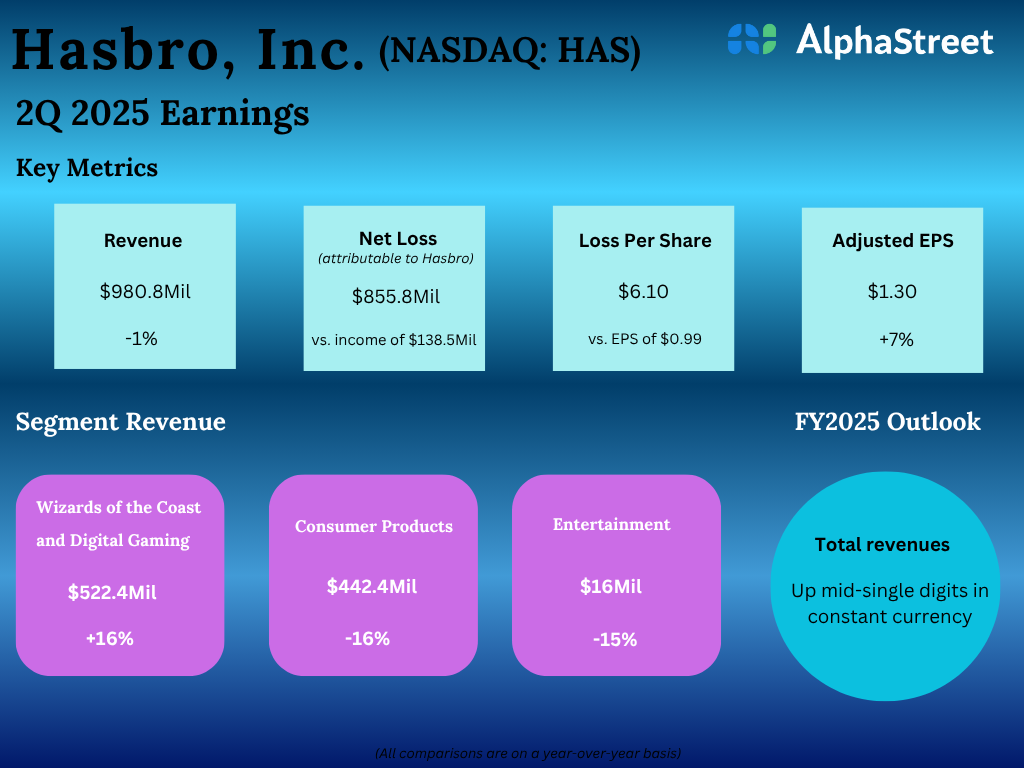As the world of artificial intelligence (AI) in education continues to evolve, edtech startups have identified a unique opportunity to develop innovative tools that cater to teachers’ needs. By prioritizing teacher-centric solutions, companies like Ello and Speakfully are helping to redefine the role of AI technology in the education sector.
These organizations, which recently secured substantial funding for developing their respective AI-powered tools, emphasize that their platforms are designed to supplement rather than replace teachers. As a result, students can enjoy an enriched learning experience thanks to the additional, targeted support provided by these cutting-edge technologies.
AI-Powered EdTech Startups Focus on Empowering Teachers
To effectively address the unique challenges and obstacles faced by educators, such as lesson planning and plagiarism detection, various edtech companies are utilizing AI technology to enhance traditional teaching methods. For instance, LessonBuddy has secured $2.4 million in seed funding to develop a platform to streamline teachers’ workflow and reduce their workload concerning lesson planning and evaluations.
Similarly, Eduguide has received $6 million in Series A funding for its plagiarism-detection tool, which is designed to help teachers identify AI-generated content and instances of plagiarism. By leveraging AI technology, these platforms are helping instructors allocate more time toward actual teaching and student engagement, ultimately leading to a more efficient and productive learning environment for all.
Challenges Remain Amid Declining Investments in EdTech Industry
Despite the potential benefits of AI-powered edtech tools, the industry as a whole has experienced a dramatic drop in investment during the first seven months of 2023, falling more than 60% compared to the previous year. Factors contributing to this decline include market saturation, growing skepticism about the effectiveness of technology in education, and a shift away from the online learning demands of the previous pandemic era.
Nevertheless, many experts maintain that the long-term potential of AI technology within education remains strong. As a result of ongoing advancements and innovations, AI has the power to revolutionize personalized learning experiences and provide educational institutions with the means to implement more effective and efficient teaching methods.
EdTech Companies Adapt to Upskilling Education
As the world gradually returns to in-person learning, the pressure to invest in edtech initiatives has understandably decreased. Nonetheless, this transition period presents an opportunity for edtech companies to demonstrate their innovations’ enduring relevance and value, even in a post-pandemic context.
To continue thriving, edtech startups must be prepared to adapt and evolve in response to this altered landscape. They can do so by focusing on developing tools that empower educators and differentiate themselves from competitors, attracting interest from potential funders and investors.
Future Potential of AI in Education Hinges on Continued Advancement by Upgrading EdTech
The road to realizing the full potential of AI in education will not be short, especially given the current investment landscape. However, with the ongoing development of AI technology and a renewed focus on empowering teachers, the prospects for significant breakthroughs in educational AI solutions remain promising.
As cutting-edge AI-powered tools become more integrated into educational institutions, their positive impact on teaching methods, student outcomes, and overall learning experiences will become increasingly apparent. In the meantime, edtech startups must remain committed to exploring new ways of harnessing AI technology in order to optimize and personalize education for students worldwide.
Frequently Asked Questions
What is the focus of AI-powered edtech startups?
AI-powered edtech startups are focusing on developing innovative tools to cater to teachers’ needs, to empower educators, and increase efficiency in the classroom. These AI-powered tools are designed to supplement teachers and improve students’ learning experiences.
What are some examples of AI-powered edtech tools currently in development?
LessonBuddy is developing a platform for streamlining teachers’ workflow and reducing their workload with regards to lesson planning and evaluations. Eduguide is creating a plagiarism-detection tool to help teachers identify AI-generated content and instances of plagiarism.
What challenges is the edtech industry facing?
Challenges for the edtech industry include a decline in investments, market saturation, skepticism about the effectiveness of technology in education, and shifting focus from online learning due to the end of the pandemic era.
How can edtech companies adapt to the post-pandemic landscape?
Edtech companies can adapt to the post-pandemic landscape by focusing on the development of tools that empower educators and differentiate themselves from competitors. This will help attract interest from potential funders and investors.
What is the future potential of AI in education?
Although the current investment landscape presents challenges, the ongoing development of AI technology and a renewed focus on empowering teachers indicate promising prospects for significant breakthroughs in educational AI solutions. As AI-powered tools become more integrated into educational institutions, their positive impact on teaching methods, student outcomes, and overall learning experiences will become more evident.
First Reported on: crunchbase.com
Featured Image Credit: Photo by Ketut Subiyanto; Pexels; Thank you!







































